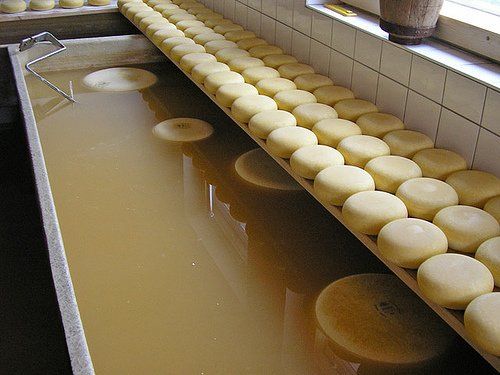Brine Water Treatment
The Problem & Promise
Scalable & Nimble
An Environmental Epiphany
Get to Know the ECV25 and ECV250
- Both can distill water from up to 30% total dissolved solids (TDS) to less than 0.02% TDS—as clean as or cleaner than tap water.
- Both operate at 95% of theoretical efficiency, higher than any other affordable MVR technology available today.
- Because our solutions are flexible with input water quality, they can be used regardless of what the polluted water or soil (which is washed with water) contains.
- Output water can either be discharged, sent to standard municipal wastewater treatment, or reused infinitely in the cleaning process.
Tried & Tested
QCS Opportunity

Understanding Water Risk
Gone are the days when your corporate concerns end at your property’s fence. Companies everywhere are learning that natural-resource changes even hundreds of miles away can impact operations quarter after quarter. Disruptions to water supply and quality in food and agriculture endanger not just your company’s performance, but also can harm your customers if they don’t have access to milk, eggs, cheese and other staples. You see these realities in your supply chain, deliveries, access to raw materials, and so much more.
As a corporate partner in your community, you have the ability to make positive changes in your operations that benefit your performance and make your company sustainable into the future. IEG is your partner in this effort. We follow proven sustainability guidelines because we know that the natural resource “supply chain” is fragile and finite. According to Ceres in its groundbreaking report, Feeding Ourselves Thirsty, food and agriculture “uses more than 70% of the world’s fresh water to grow crops, feed livestock and process ingredients”—so the industry sees first when fresh water sources are threatened. In addition, “The U.N. projects that global demand for water will increase by 20-30% by 2050 in order to meet the food needs of a projected population of 9.8 billion.” (source here)
Ceres has pioneered corporate sustainability practices with regard to natural-resource management. It studies water risk at the regional, national, and global level. Many global companies have participated in studies to analyze their impact on water supplies and basins. IEG supports this effort and can help you improve your corporate decision-making. These are not punitive changes, they are efficiency improvements and new technologies paired with monitoring and a higher-level corporate awareness. We are excited about the new Epiphany solutions for this reason: They are instrumental in improving outcomes with regard to water risk, environmental mitigation and cost.
CALL IEG TODAY: (803) 867-5971
Quick Links
Our Service Area
Contact Us Today
Tel: 803-867-5971
